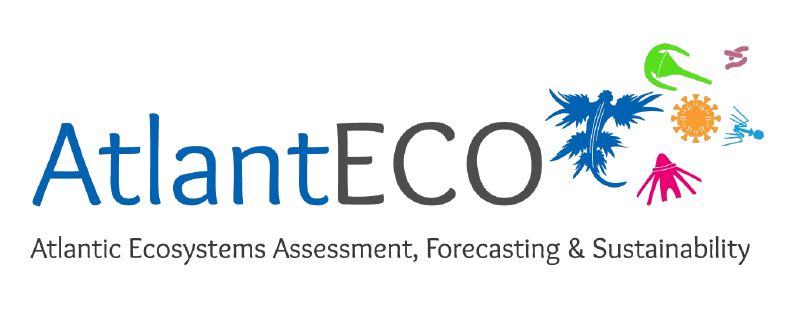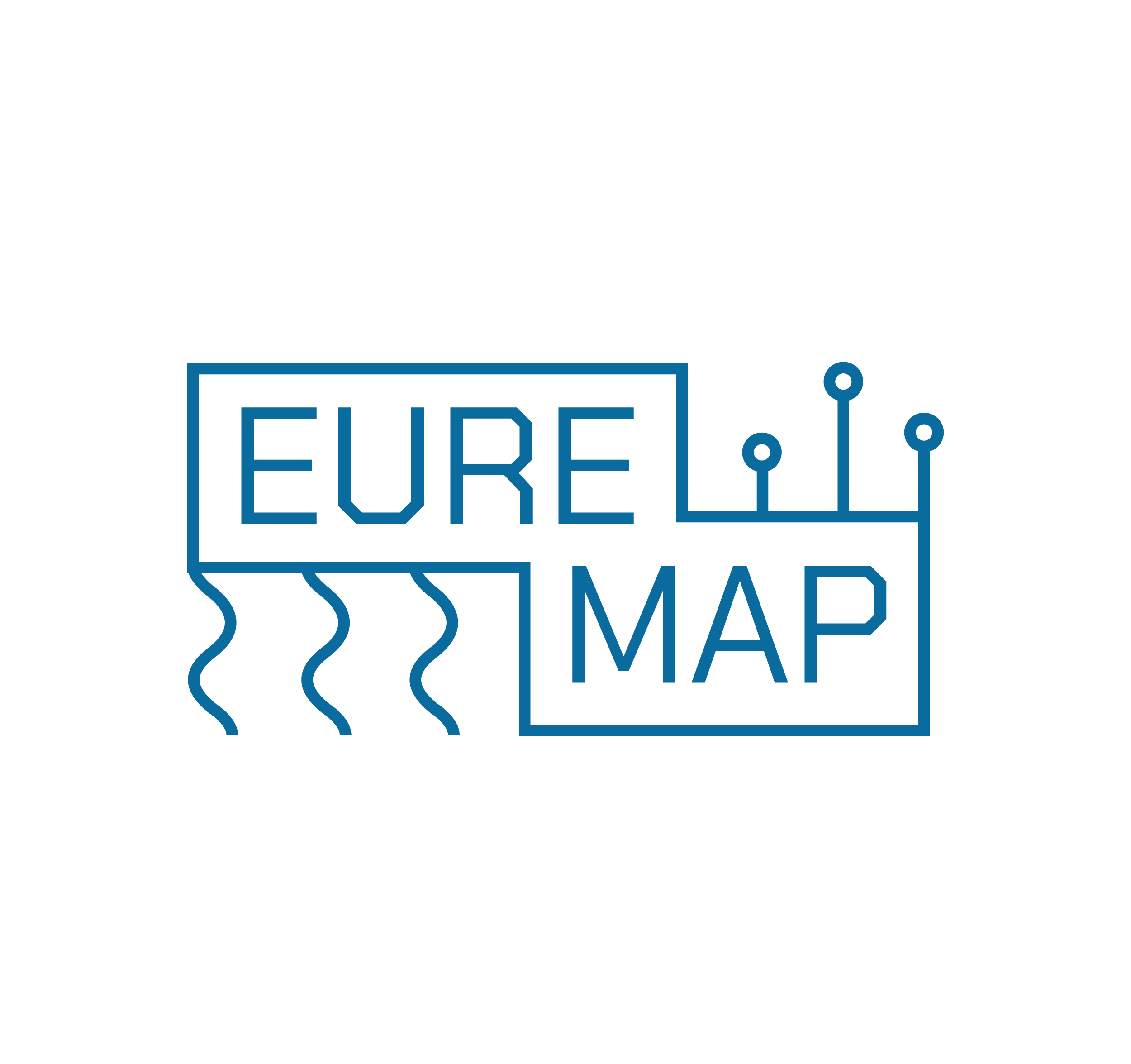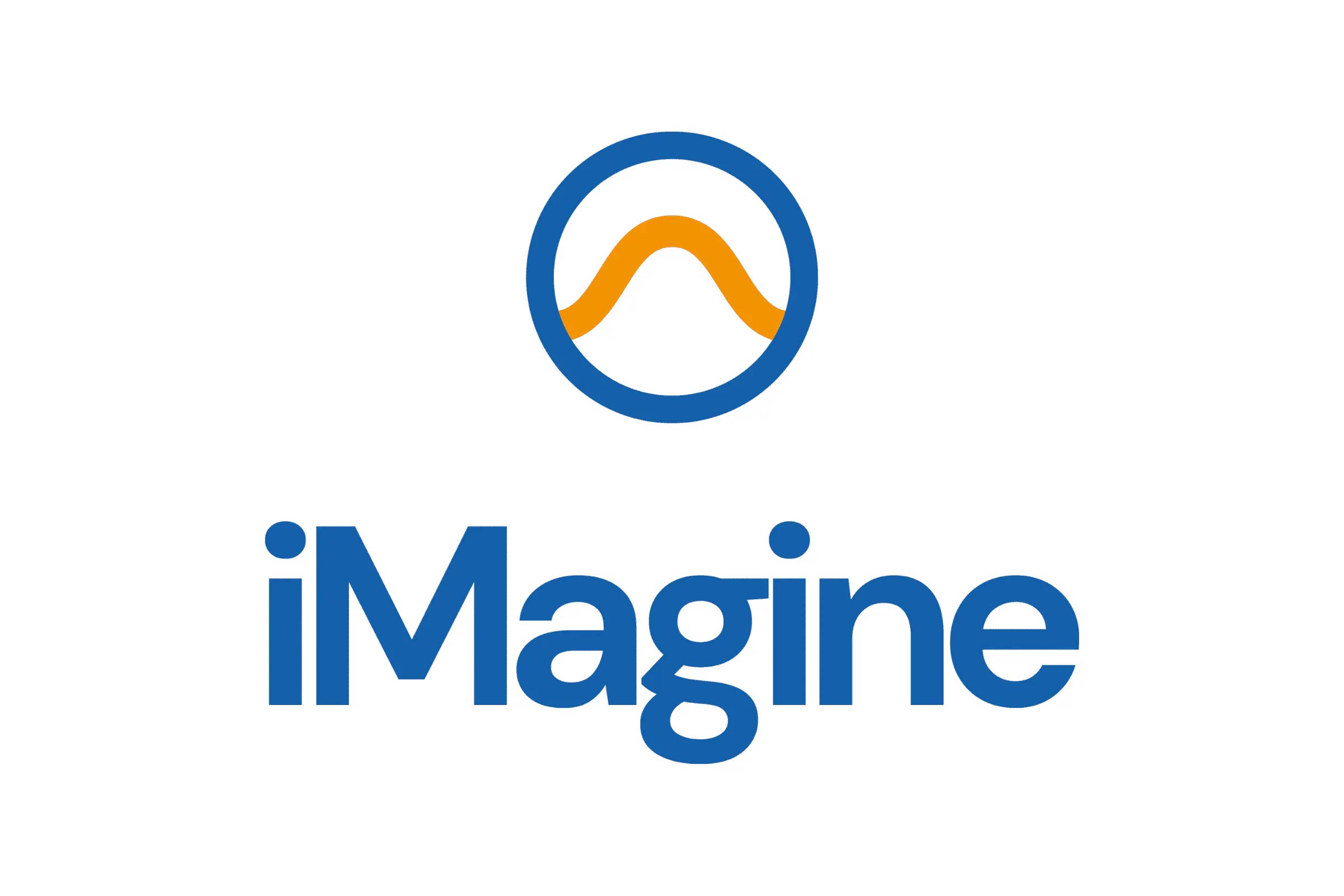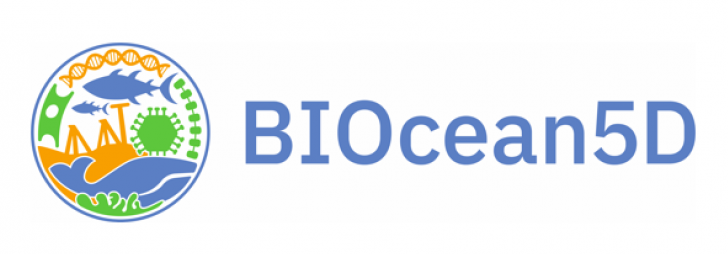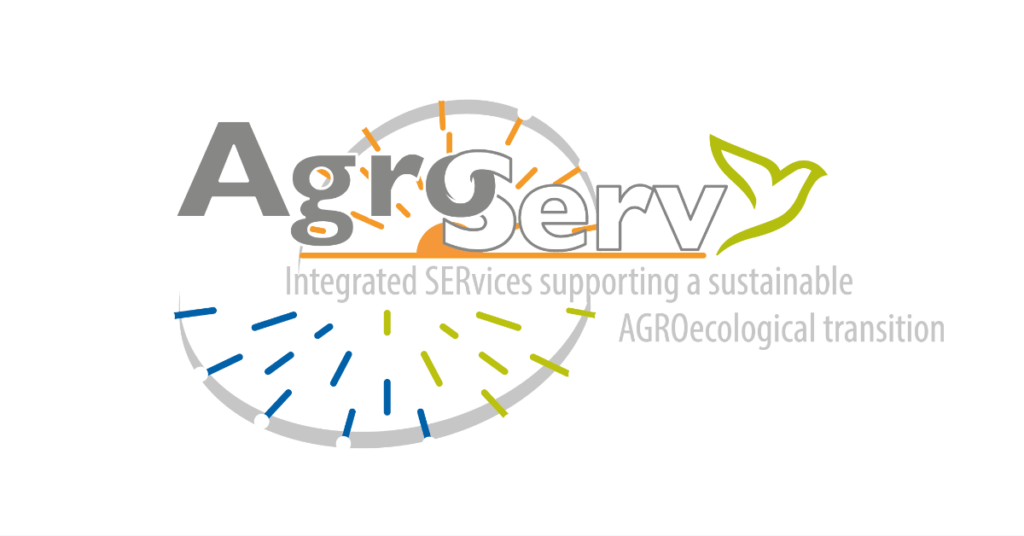Project dates: 1 September 2020 - 28 February 2026
EMBRC-BE role: UGent (Marinetraining) is involved
Funding: €10,925,660.13 (Horizon 2020, under grant agreement number 862923)
The ambition of AtlantECO is to develop and apply a novel, unifying framework for providing knowledge-based resources to design policies, support decisions making and engage with citizens to encourage responsible behaviour to manage the Atlantic system and protect its Ecosystem Services (ES) provision.
AtlantECO aims to determine the structure and function of Atlantic microbiome in the context of ocean circulation and presence of pollutants, eg plastics, to assess its role in driving the dynamics of Atlantic ecosystems at basin and regional scales; its potential of being used as a sensor of ecosystem state and the mechanisms by which it drives the provision of 5ES.
This is key to improve our predictions on future provision of ES in the basin and to favour the establishment of a sustainable Blue Growth strategy for an All-Atlantic community. To realise this vision, AtlantECO has four objectives:
- Assess dynamics of Atlantic marine ecosystems, their ES provision and the interplay of both with socio-economic activities
- Increase knowledge and data on microbiomes, plastics, the plastisphere and carbon fluxes that support ecosystems at basin scale using best practices and integrative sampling strategies, novel genomics, imaging and biogeochemical methods, bioinformatics and modelling approaches
- Assess and predict the cumulative impacts of multiple stressors on ecosystem status and dynamics and ES provision, identifying their drivers and role on tipping points, assessing their changes in recovery of ecosystem structures, functions and services, and developing eco-socio-economic models to predict future trajectories
- Deploy a systemic strategy to build capacity and transfer knowledge for a seamless engagement between science, industry, policy, and society.
To achieve these objectives AtlantECO brings together experts and pioneers from Europe, South America and South Africa with the relevant resources, knowledge and experience.







